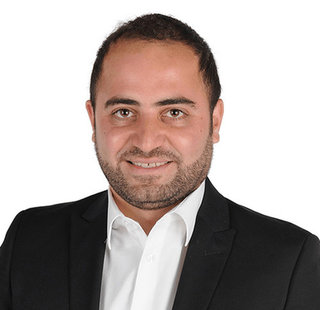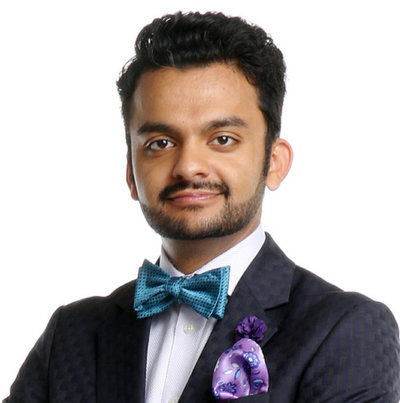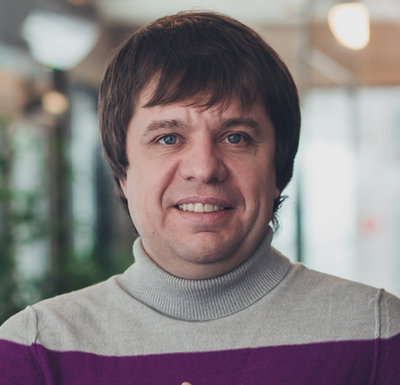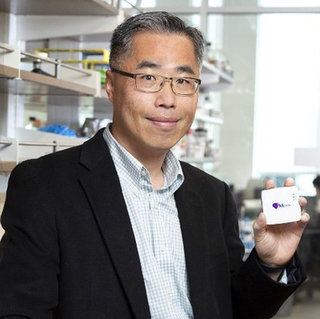Emerging technologies in
Cardiac Monitoring
Following is a list of highlights by the leaders featured in this magazine regarding their views on the role emerging technologies will play in cardiac monitoring.
Ziad Sankari, Founder & CEO, CardioDiagnostics
The emergence of textile sensors and wearables, along with AI-powered software has the potential to streamline remote cardiac monitoring and improve outcomes of cardiac disease. Some Machine Learning models have proven successful at detecting other anomalies such as diabetes, sleep apnea, and hyperkalemia from ECG and HRV.

Kevin King, iRhythm´s President and CEO
Advances in artificial intelligence and machine learning will continue to inform how cardiac monitoring progresses. The way that we already use AI technology helps to expedite comprehension of large ECG data sets, boosts clinical efficiency, and lets physicians focus on patient care rather than having to re-look at questionable ECG strips. At the end of the day, these processes won’t replace cardiologists, but will make their jobs easier.

Mathieu Letombe, CEO, Withings

Simple, small wearable patient monitors will largely replace traditional Holter monitors. Additionally, I believe there will be new data points and insights that will be monitored by at-home devices, including tracking if a patient's health is declining or improving, based on their activity due to lifestyle changes and medications. I also expect automation and AI to be integrated more into new technologies to help alert providers and patients of risks and issues that occur in real time. These expected trends are why at Withings we are shifting our role in healthcare from creating medical-grade devices to also providing services and solutions that address the healthcare system and patient outcomes.
Ksenia Belkina, CEO, Cardiomo,

We are confident that the future lies with miniature implantable devices. Already, there are many devices that are put inside and monitor the condition of the heart. So far, they are available only to people with serious rhythm disturbances, whose lives they can save. But in the near future, miniature and autonomous devices will certainly appear. They will monitor not only the state of the heart, but the state of the whole organism. They will replace both cardiac monitors, as well as fitness bracelets and smart watches.
Waqaas Al-Siddiq, CEO
Biotricity
EtienneGrima, CEO
CardioComm Solutions, Inc
Sensor technology, implantable, flexible, and skin-printed devices will have a huge impact.
Smaller devices with longer battery life; multiple health monitoring sensors in one device as a market differentiator; companies that can provide total solutions.


Alex Vinogradov, Co-founder & CEO, HeartIn
Philip Siberg, President and Co-founder, Coala Life
Some good research, which can predict arrhythmia using just normal ECG from users was published some time ago. It’s a good way to improve current status, but it needs more ML data and to pass FDA with clinical trials.
My favorite emerging technology right now is non-invasive ablations. Washington University in St Louis is one the pioneers of this solution enabling faster, cheaper and risk-reduced treatment of rhythm disorders.


Healthcare is changing and more consumer-centric healthcare approaches are being adopted and becoming the norm. I believe wearable medical technology is and will be a big part of how we will do it. And, so will blood pressure monitors that help coach users to real-time action and life-saving lifestyle changes.

Ranndy Kellogg, President and CEO, Omron Healthcare
The technology that will change the future of cardiac monitoring is AI. Many studies have shown that AI can read ECGs on par with, or even better than, well trained cardiologists. What we don’t know yet is, will AI be able to predict cardiac events (heart attack, arrhythmia, valvular disease) based on one snapshot ECG or serial changes of ECG over time? Once AI can be predictive and preventive, that is really a game changer in cardiac monitoring.

Dr. Ruey-Kang Chang, Founder and CEO, QT Medical
Cardiopulmonary technology based on ECG signals is used for sleep monitoring. Cardiopulmonary coupling (CPC) technology can determine people's sleeping state, by monitoring the people’s light sleep, rapid eye movement (REM) sleep, awake and other states in every minute to determine whether there is Sleep disorders somnipathy, and identify the type of respiratory events, which could be adopted in the elderly home nursing, social health, and family scenarios.

Sun LeQun, Co-founder, Mintti Health